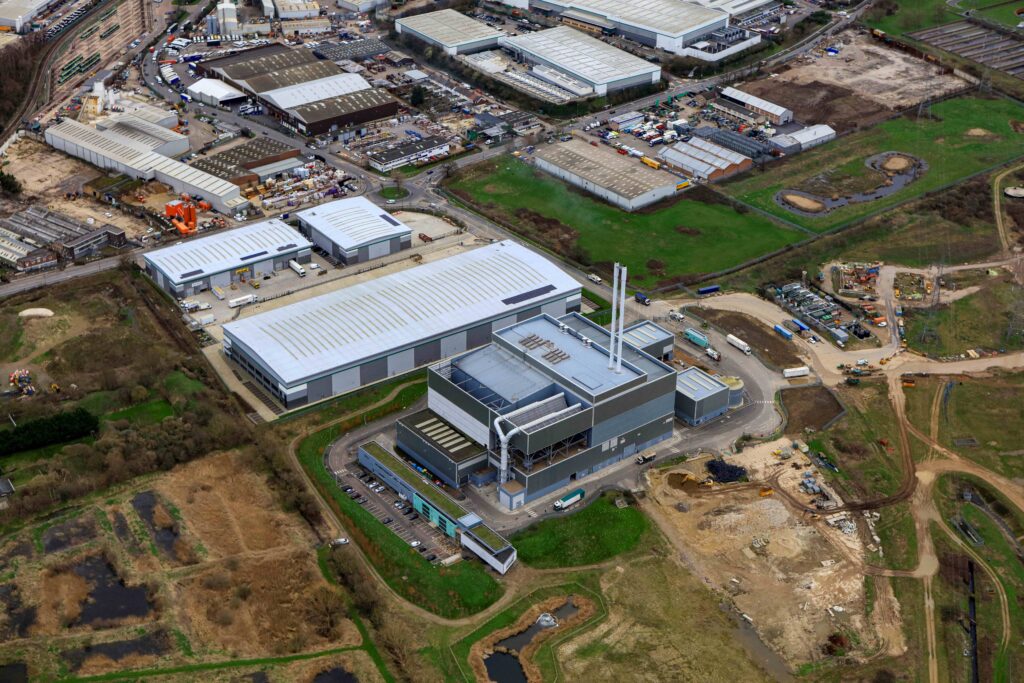The review found that while it was “challenging” to determine the effectiveness of the tax because it forms part of a broader policy framework aimed at reducing waste going to landfills and promoting alternative waste treatment methods.
However, the review found that the policy is “well aligned with other environmental policies” and priorities of the Welsh Government and has “contributed positively” to waste management goals.
Contributors to the report also suggested the Welsh government introduce multiple tax rates or a middle rate to account for the varying environmental impacts of different materials and address misclassification issues.
Devolved
The review covers the period between September 2017 to March 2023 and is the first report exclusively into the landfill tax in Wales since it became a devolved issue.
In Wales, The Landfill Disposals Tax (LDT) is paid when waste is disposed of to landfill and is charged by weight, replacing the 1996 landfill tax. It is currently set at the same rate (£102.10 for higher rate and £3.25 for the lower).
Research
The report set out to find the answers to 18 research questions split into three areas; impact; behaviour and broader questions.
Questions included:
- Has the approach taken to date to raise the standard and lower rate in line with inflation been effective in encouraging an increase in recycling and reuse?
- How has the legislation influenced industry behaviour and innovation?
- What impact has the LDT had on waste sector behaviour and on wider environmental outcomes based on the independent review of the Landfill Disposals Tax Communities Scheme (LDTCS)?
The research was gathered in three phases; desktop review and analysis; primary research with stakeholders; and data synthesis (combining data findings from phase one and two).
For the desktop review, Eunomia identified data sources that could form the primary research approach. Sources used include legislation, surveys, statistics, and forecasts.
The research body then conducted interviews with 40 stakeholders across from the industry including trade associations; environmental organisations; regulators / government bodies; commercial collectors / other infrastructure operators; landfill site operators; and waste producers.
The third phase combined the data from the two previous phases and addressed the limitations of the study such as the limited timeframe and the low engagement from stakeholders.

Findings
Eunomia’s review identified two main challenges in assessing the effectiveness of the LDT. Firstly, since it replaced the Landfill Tax in Wales and aligned its rates and waste categories with its predecessor, it was difficult for stakeholders to isolate the effectiveness of the LDT specifically since its devolution in 2018.
Secondly, the LDT is part of a “broader policy framework” aimed at reducing waste going to landfills and promoting alternative waste treatment methods. Therefore, the review concluded that determining the direct impact of the LDT alone was “challenging due to the influence of other factors”.
The study findings did however indicate that the LDT is “well aligned with other environmental policies” and priorities of the Welsh Government and has contributed positively to waste management goals.
However, stakeholders believed that factors beyond the LDT, “such as political signals against landfilling and statutory recycling targets for local authorities, had a greater influence on driving recycling and the adoption of alternative technologies.” Additionally, the direct impact of the LDT was difficult to distinguish from other interventions.
Any changes to the tax should be considered in the broader context of waste management
- Eunomia
Improvements
Stakeholders proposed several suggestions for improving the LDT, including the introduction of multiple tax rates or a middle rate to account for the varying environmental impacts of different materials and address misclassification issues.
They also recommended “adjusting the tax rates for certain materials to achieve the desired effects, such as discouraging landfilling of materials that could be falsely classified as lower-taxed materials (e.g., contaminated soils as clean soils).”
Stakeholders further emphasised “the need to reduce the administrative burden on landfill site operators compared to other regions in the UK and allocate a portion of the tax revenue to enhancing LDT-associated regulations.”
The review said: “Any changes to the LDT, particularly rate adjustments, should be considered in the broader context of waste management, given the alignment with landfill tax legislation in other parts of the UK.”
Difficulties
The research team reported difficulties engaging with relevant stakeholders, particularly landfill site operators, commercial waste collectors, alternative waste infrastructure providers, and large waste producers. These businesses often felt that the topic was “outside their scope for commenting”.
Similar challenges were observed in a previous LDT consultation in 2015, where the number of responses from businesses was significantly lower compared to other stakeholder groups. Therefore, efforts should be made to increase stakeholder engagement in future research projects, such as exploring incentives for participation or greater involvement from the Welsh Government in recruitment to emphasize the importance of the research.
Lastly, the lack of data prevented the full exploration of certain research questions, including those related to misdescription, waste crime, and the quantity and value of unauthorised disposals. Access to more comprehensive data could support decision-making processes for improving the legislation itself or managing the tax more effectively, where feasible.








Subscribe for free